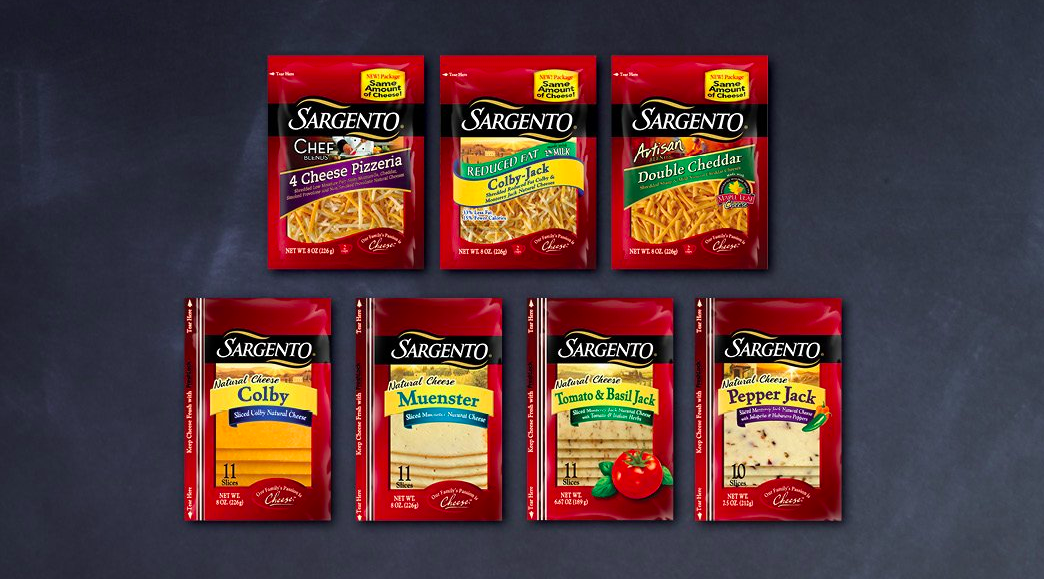When you introduce a medical device into your body, there’s always the chance that things could go awry: For example, a breast implant could shift, leak, or otherwise interfere with your health. Now, after years of studying the issue, the U.S. Food and Drug Administration says there appears to be a connection between breast implants and a rare form of cancer that has claimed at least nine lives. [More]
fda
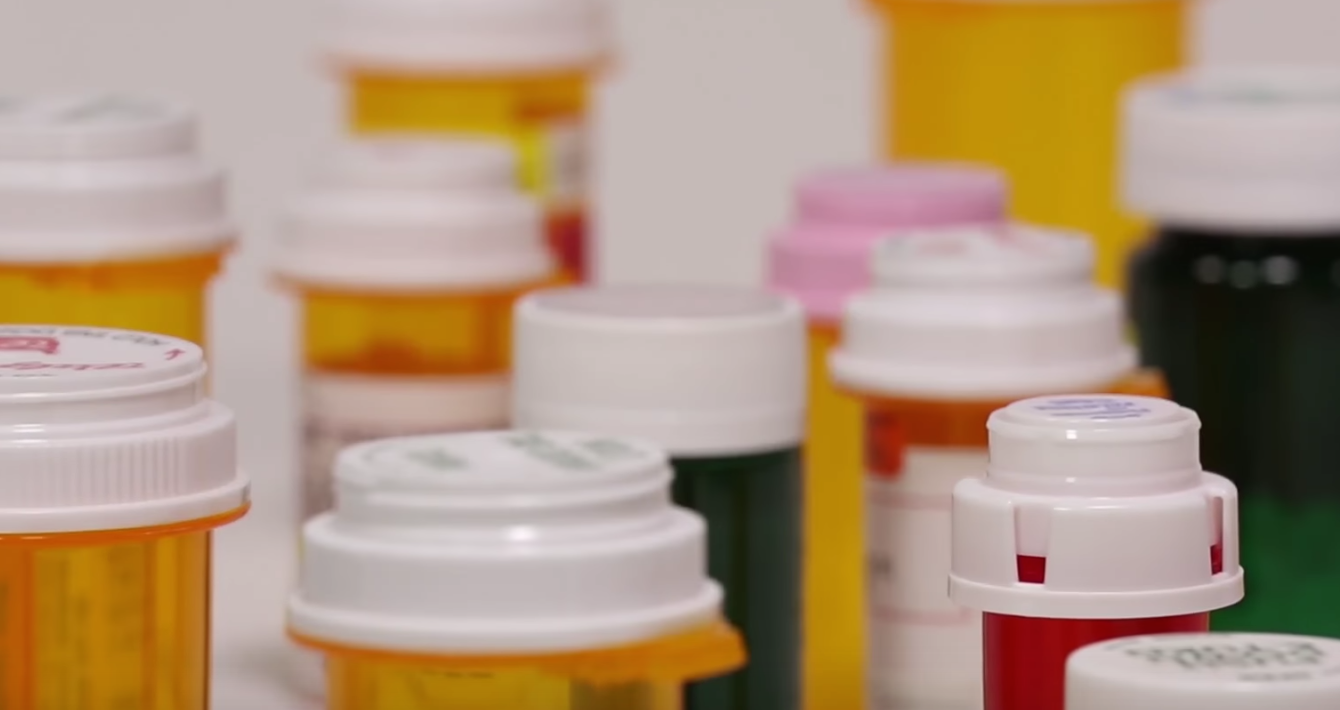
6 Easy Ways To Get Rid Of Unused Medication
Today is National Clean Out Your Medicine Cabinet Day, and chances are you haven’t given much thought to the unused medications taking up space in your medicine cabinet. [More]

Groups Ask FDA To Ban Lead Compound From Hair Dye Products
While the U.S. Food and Drug Administration recently recommended further limiting the amount of lead found in common cosmetics, that guidance didn’t extend to hair dyes that contain lead acetate. Now, a coalition of consumer advocates says the agency should reconsider its approval of the ingredient in hair dyes. [More]
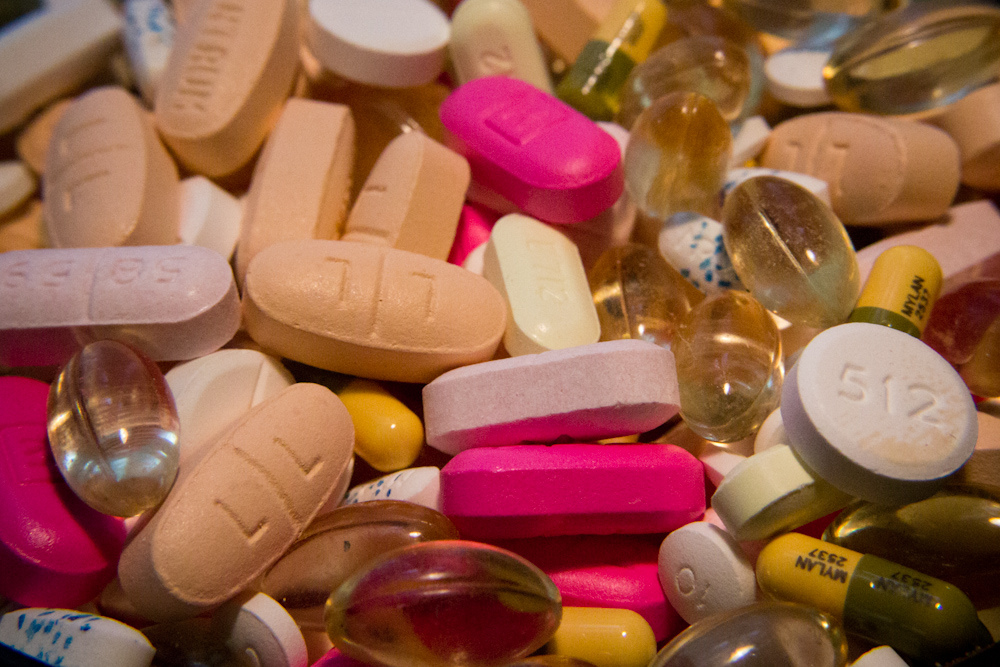
Legislation Would Give FDA Mandatory Authority To Recall Drugs
Last month, the Food and Drug Administration confirmed that it had found varying and elevated levels of a potentially deadly toxin in teething tablets sold under the Hyland’s brand. Despite the dangers posed by the tablets, the FDA couldn’t order a recall of the products — and the manufacturer refused to. But that could change in the future, as recently introduced legislation would give the agency the authority to order mandatory recalls of drugs and homeopathic products. [More]
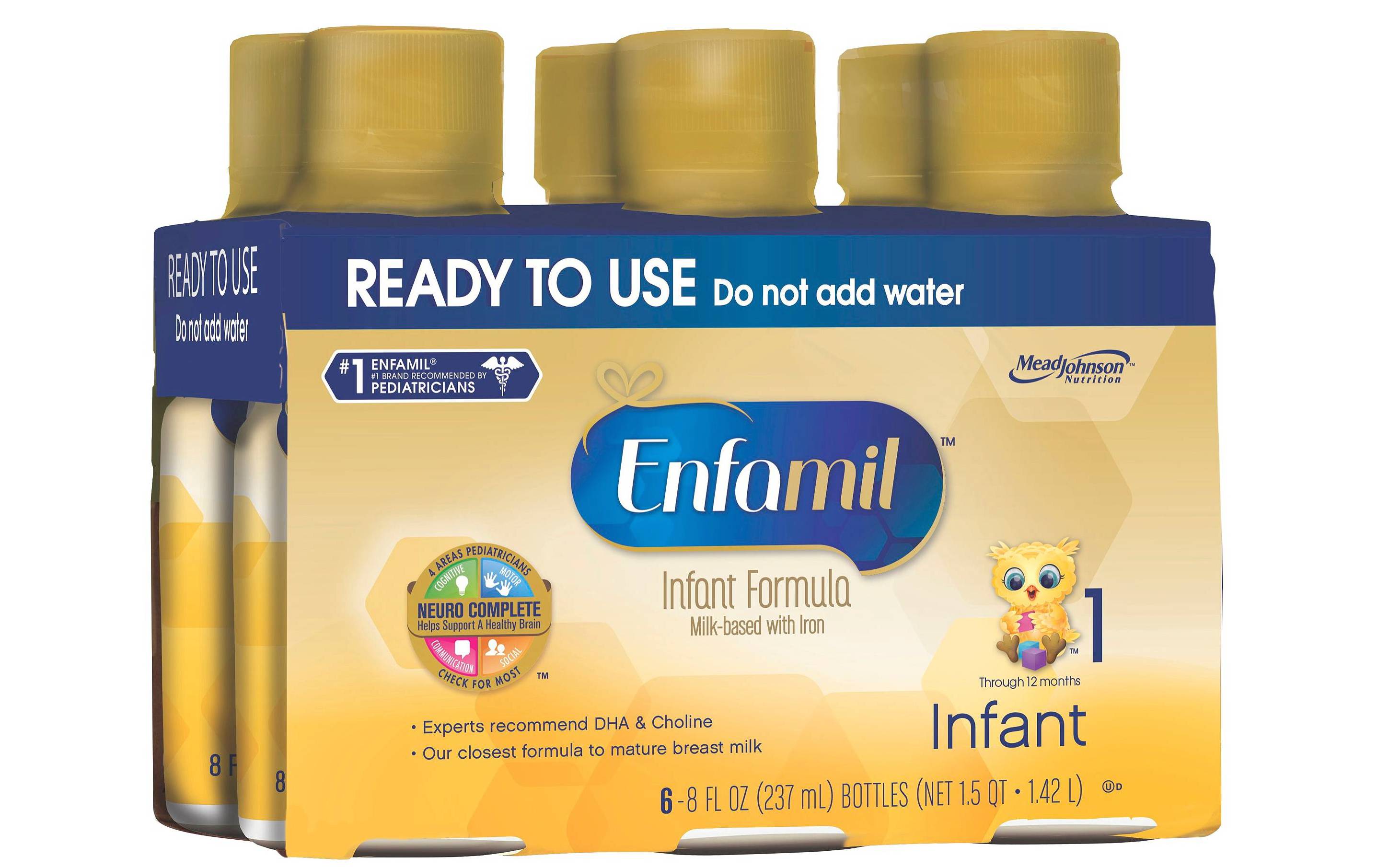
Whistleblower Claims Major Baby Formula Company Used Defective Packaging
The business pages are lighting up this morning with the news that baby formula biggie Mead Johnson Nutrition — makers of Enfamil — is being bought by Reckitt Benckhiser (whose brands include baby-stopping Durex condoms) for $16.6 billion, but we’re more interested in a new whistleblower lawsuit from a former Mead Johnson executive who claims the company ignored concerns about defective packaging and fired her for trying to get the problem addressed. [More]

A Supplement Company Sued Over Research It Didn’t Like… And Lost
Unlike FDA-approved medications, makers of dietary supplements are not required to demonstrate that their products are safe or effective. That shouldn’t stop independent researchers from doing their own tests to find out if a product works or is dangerous, but when one Harvard professor tried to do just that, supplement makers tried to shut him up.. [More]
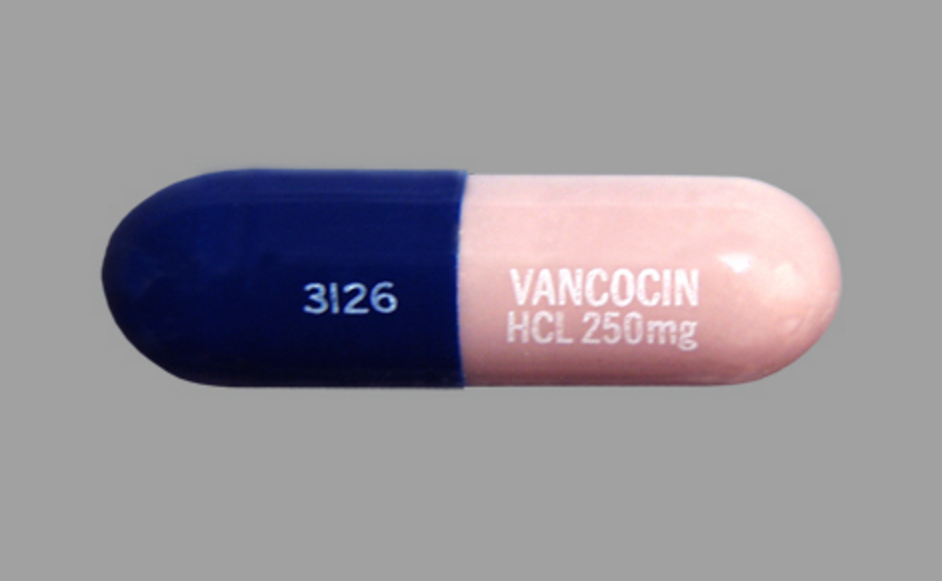
Feds: Drug Company Delayed Cheaper Generics By Flooding The FDA With Paperwork
Given that a brand-name prescription drug stands to lose a significant chunk of its market share once a lower-price generic becomes available, you can understand why a drug company would want to do anything it can to delay the cheaper alternative, even if you disagree with their intentions. We’ve seen companies accused of paying millions to stave off competition through alleged “pay for delay” deals, and we’ve also seen examples of “product hopping” to prevent competitors from entering the field. Now here’s another method for keeping generics off the market: allegedly flooding the Food and Drug Administration with pointless paperwork. [More]
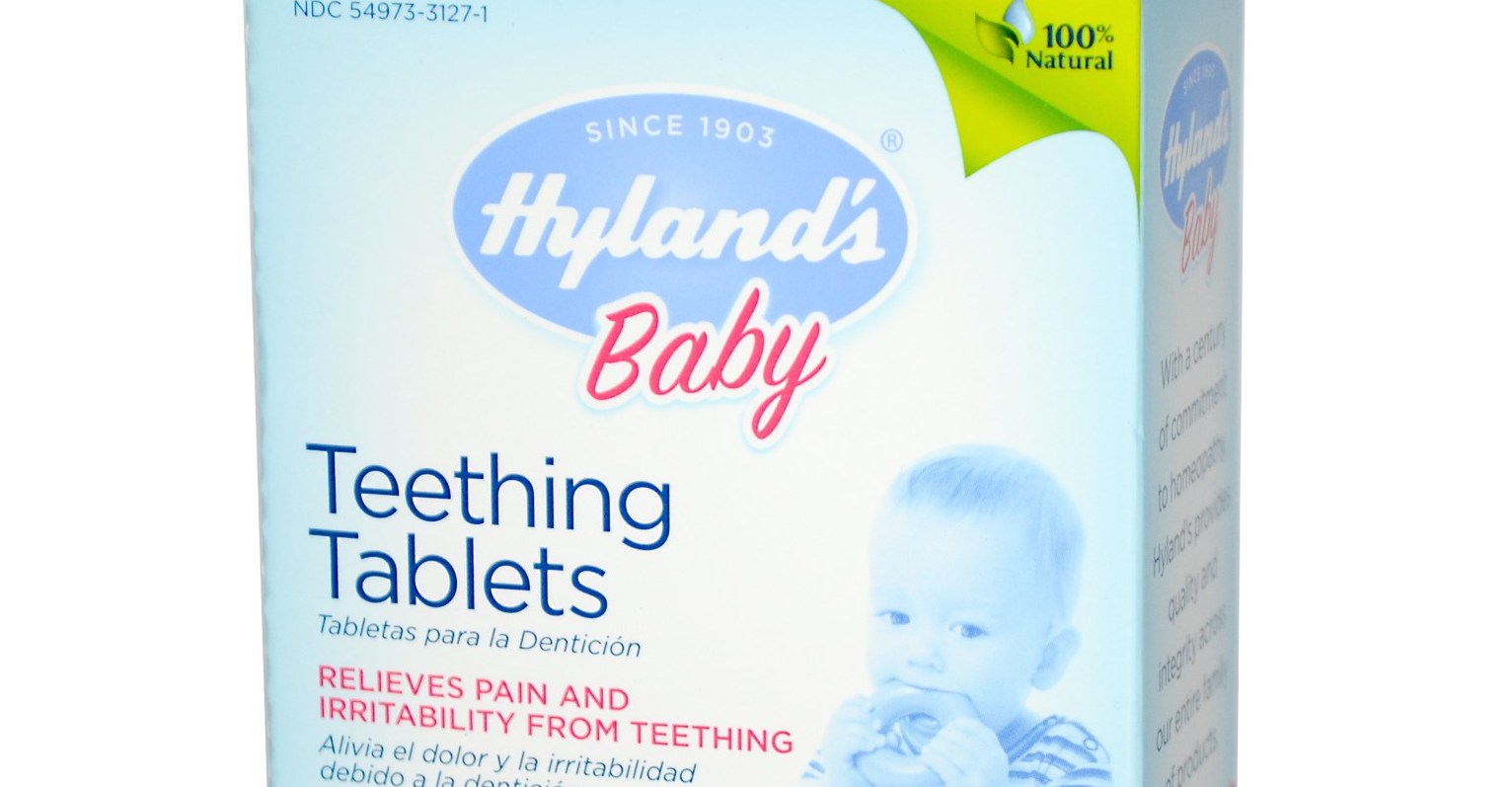
FDA Once Again Finds Elevated Levels Of Belladonna In Some Hyland’s Homeopathic Teething Tablets
Your infant is in pain from sore gums, and you want to do something to ease that pain, so maybe you consider a homeopathic treatment, with its heavily diluted active ingredients. What you may not know is that this seemingly innocuous teething tablet might contain unsafe levels of potentially dangerous belladonna. [More]

Sales Of Antibiotics For Farm Animals Continues To Increase, Despite FDA Guidance
Three years ago, the Food and Drug Administration — in response to growing concerns about the spread of antibiotic-resistant bacteria — issued long-delayed guidance to the pharmaceuticals industry, asking drugmakers to voluntarily stop selling antibiotics to farmers solely for the purpose of growth-promotion in cows, pigs, and chicken. And while sales of these drugs have indeed slowed, the latest FDA report shows that they are still on the rise. [More]

House ‘Freedom Caucus’ Asks Trump To Undo 232 Rules On Net Neutrality, Tobacco, Nursing Homes & Ceiling Fans
What’s on your wish list this holiday season? For the few dozen members of the House of Representatives Freedom Caucus, the hope to see President-elect Donald Trump undo or revise more than 200 federal rules involving everything from tobacco to food labels to ceiling fans to your constitutional right to bring a lawsuit against your credit card company. [More]

USDA Asks Meat, Dairy Companies To Replace Confusing Expiration & Sell-By Labels With “Best If Used By” Date
Though almost every food item you buy at the supermarket has some sort of expiration date — under the headers of “Sell By,” “Use By,” “Use Before,” “Best Before,” among others — printed on the packaging, the truth is date labels are largely voluntary and determined by the food producers. If handled properly, most foods are perfectly safe to eat after whatever date is on the label, but stores and consumers throw away an inordinate amount of food every year simply because that date has passed. In an effort to reduce food waste, the federal government is hoping to encourage meat and dairy producers to all use the same phrase: “Best If Used By.” [More]
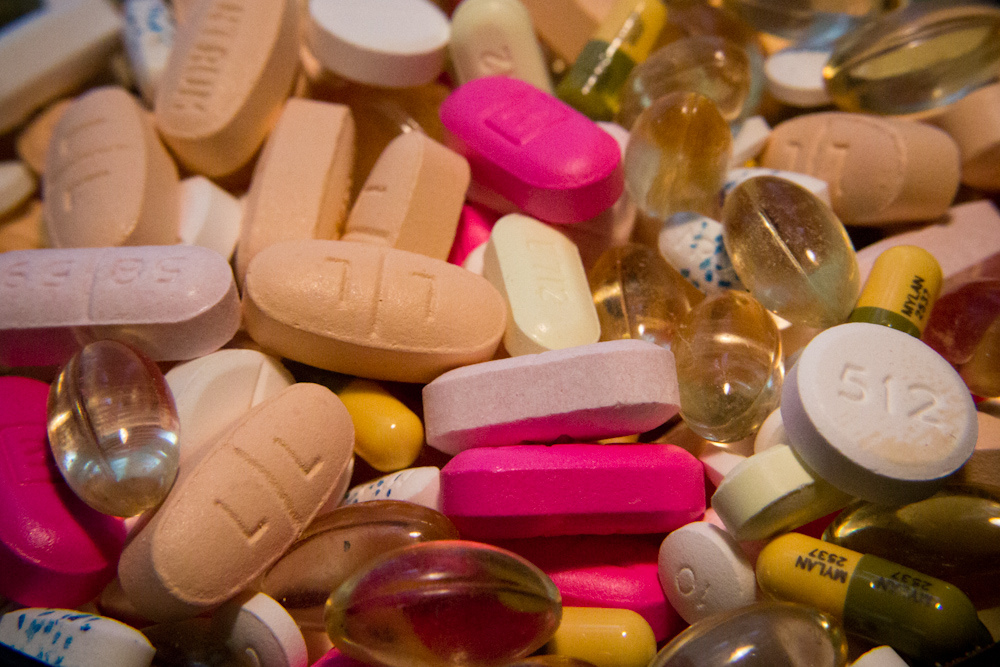
GNC Agrees To Improve Efforts To Keep Illegal Dietary Supplements Out Of Its Stores
When you buy a dietary supplement, you never know quite what you’re getting, because supplement manufacturers don’t have to prove to the Food and Drug Administration that their products work — or are even safe — before putting them on the market. GNC, the world’s largest dietary supplement retailer, has now agreed to try to ramp up efforts to ensure that the products it sells are safe and legal. [More]

Philip Morris Applies To Bring Heated-Up Tobacco Sticks To U.S.
You might remember that a few months ago, we shared some interesting smoking news: that Philip Morris was working on a new product that’s somewhere between an e-cigarette and an old-fashioned tobacco one. Instead of lighting tobacco on fire, users would heat it up in a special device, inhaling a vapor instead of smoke. The company plans to apply for FDA approval for the system, seeking approval to sell it as a healthier alternative to cigarettes. [More]




